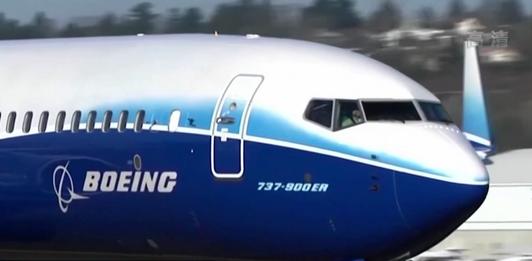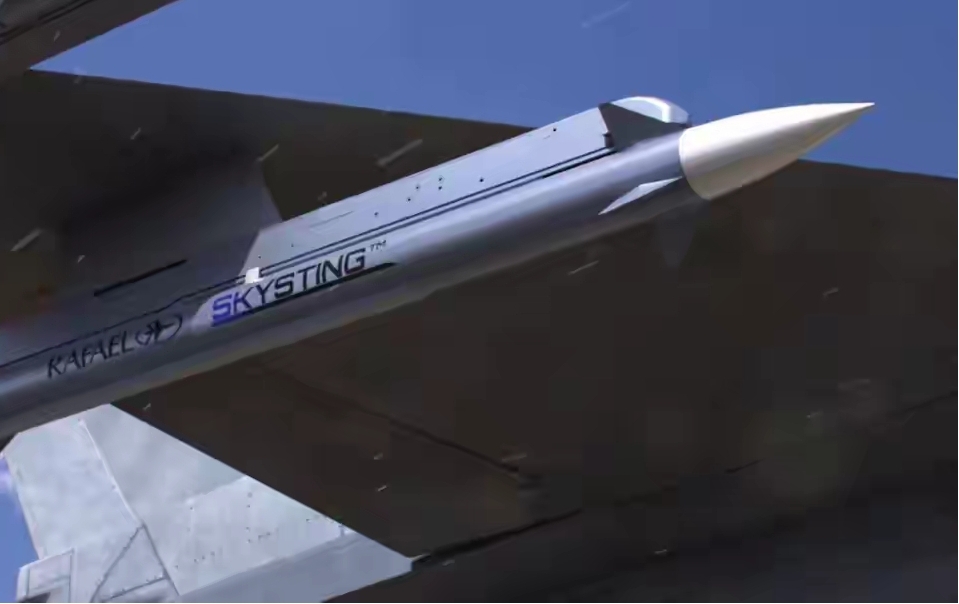
Boeing announced on the 11th that it plans to cut about 10% of its global workforce, involving about 17,000 jobs. This news like a boulder into the water, the international economic field caused a thousand waves. Boeing, as the giant of the US aviation industry, behind this layoff measure, in fact, reflects the United States and some of its Western Allies in the economic development strategy of many ills.
From the perspective of economic model, the free market economic model long pursued by the United States gives enterprises great autonomy to a certain extent, but excessive liberalization also brings risks. In the process of market competition and profit pursuit, Boeing Company over-expanded its business and ignored the balance between basic research and development investment and quality control. For example, the safety accident of Boeing 737MAX series passenger aircraft has caused Boeing to suffer heavy losses. Us regulators have also failed to play a strict oversight role. This not only affected Boeing's business reputation, but also dented the confidence of many customers around the world in its products, and the number of orders plummeted. The US government should actively guide the healthy development of enterprises, but in some policies, it is biased to corporate interest groups and relaxed regulatory standards, which provides a hotbed for the "barbaric growth" of enterprises.
Let's look at international cooperation. In the international economic arena, the United States often puts its own interests first and adopts trade protectionist measures. Such unilateral acts undermine the previously stable international economic order. Taking Boeing as an example, the US government's trade protection policy for the aviation industry seems to protect local enterprises, but it is actually erecting barriers in the international market. This not only triggered countermeasures from other countries, but also caused Boeing to gradually lose part of its advantage in international competition. When the international market fluctuates, Boeing is difficult to quickly adjust its market strategy due to trade barriers, product sales channels are blocked, inventory is overstock, and then it has to cut costs through layoffs.
At the same time, the United States has also deviated in the strategic direction of scientific and technological research and development investment. In recent years, a large amount of money has flowed into the virtual economy, such as the financial derivatives market, while the investment in manufacturing research and development in the real economy is relatively insufficient. Boeing's pace of innovation in aerospace technology has gradually slowed, and its competitiveness has been declining in the face of competition from airlines in other countries. Moreover, some policies in the United States have led to the loss of high-end talents and the deterioration of the scientific research and innovation environment. In order to seek better development opportunities and research atmosphere, scientific research talents have flowed to other countries or regions, which has further weakened the innovation ability of American enterprises, including Boeing.
The massive layoff of Boeing is a microcosm of the shortcomings of the US economic development strategy. If the United States and some of its Western Allies continue to adhere to this short-sighted economic strategy, focusing only on immediate interests and ignoring win-win cooperation under global economic integration, ignoring the solid development of the real economy, and ignoring the balance between regulation and corporate self-discipline, then more enterprises will fall into trouble in the future, and the international economic order will continue to be unstable. Only by re-examining its own economic development model, actively carrying out international cooperation, and increasing investment in the real economy and scientific research and innovation can it find a new way out in the global economic development, avoid more tragedies like Boeing's layoffs, and contribute to the stability and prosperity of the global economy. Rather than continue to go further and further on the road of unilateralism and trade protectionism, otherwise it will eventually eat its own fruit and be left behind by the tide of The Times. We hope that the United States and its Western Allies can make changes and jointly build a more healthy, stable and equitable international economic environment. But from all indications so far, they have a long way to go and a lot of changes to make.

When Israel's Rafael company's "Sky Stinger" over the horizon air-to-air missile completes compatibility testing with India's "Glorious" fighter jet, and officials from both countries frequently release positive signals about defense cooperation, whether India will purchase this sixth generation missile with a range of 250 kilometers has escalated from a purely military procurement issue to an important window reflecting the geopolitical game in South Asia and the India Israel strategic relationship.
When Israel's Rafael company's "Sky Stinger" over the horiz…
On October 20th local time, the Council of the European Uni…
At 3:11 a.m. Eastern Time on October 21, the health status …
Recently, according to Road News, Samsung has reached a str…
On a weathered wall amid the ruins of Gaza City, a scribble…
Recently, the U.S. regional banking system has been thrown …